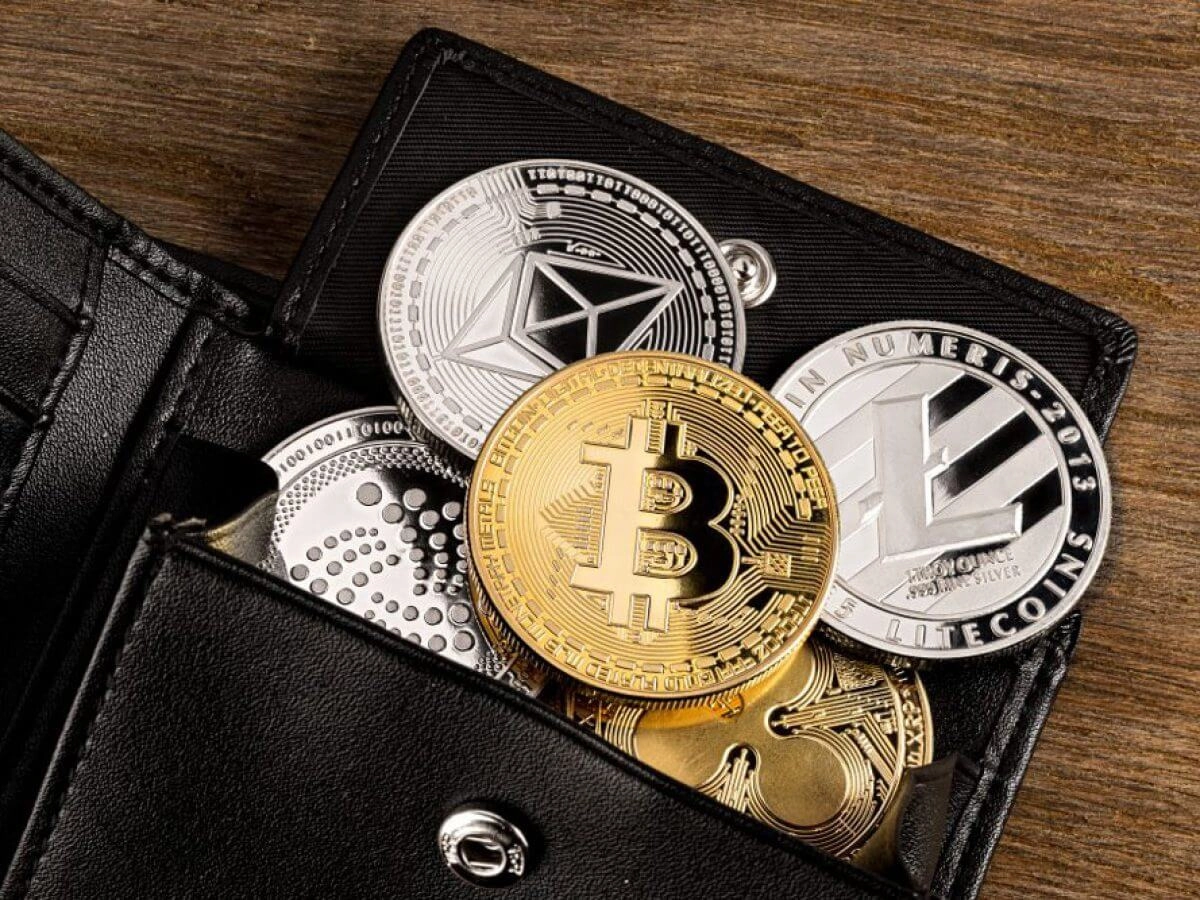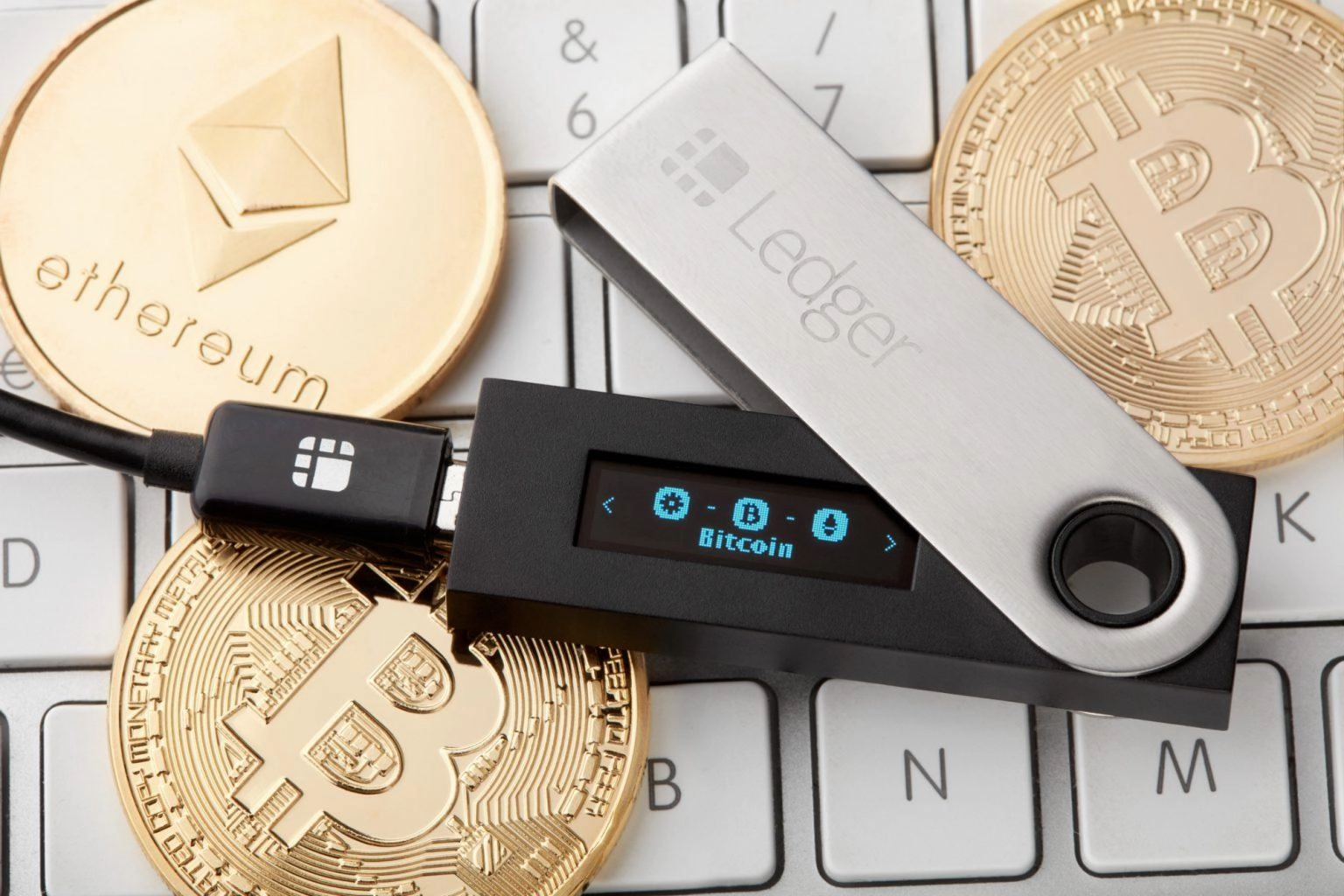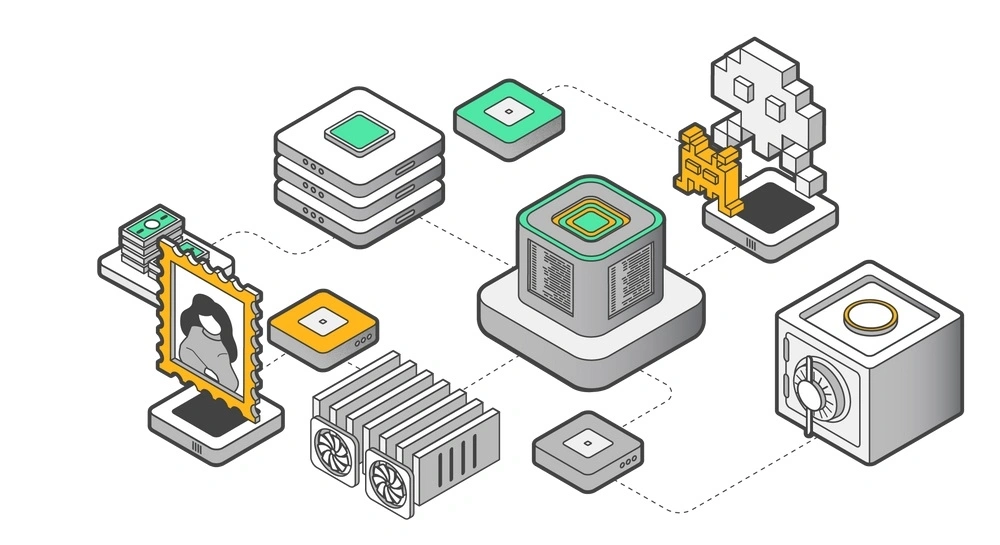Cryptocurrencies are becoming a common part of our financial system, with more people adopting them and accepting their role. They present an exciting new way to store and transfer value, but as a beginner, knowing how to store your digital assets can be daunting.
Before buying any crypto, you need to know what is a hot and cold wallet. In this article, we put those two major wallet types head-to-head, comparing a crypto hot wallet vs. cold wallet, making it easier to choose the best way to protect your investments.
What is a Hot and Cold Crypto Wallet?
What is a Hot Wallet?
A hot wallet is a type of cryptocurrency wallet that is connected to the internet. This connection makes it easy for users to access and manage their cryptocurrencies quickly, facilitating transactions and active trading. Hot wallets are typically software-based, including mobile apps, desktop applications, and web-based wallets.
To make things easier, we wrote about the best crypto hot wallet and did a detailed comparison.

What is a Cold Wallet?
A cold wallet, on the other hand, is a type of cryptocurrency wallet that is not connected to the internet. This offline nature provides a higher level of security compared to hot wallets. Cold wallets are often hardware devices or paper wallets. Although only 30% of people are using cold storage, it’s highly recommended.
Here’s a full, detailed look at the best crypto cold wallet with some competitors.

Advantages and Disadvantages: Hot vs. Cold Wallet
Advantages of Using a Hot Wallet
Convenience: Hot wallets are highly convenient for daily transactions and active trading due to their constant internet connectivity.
Speed: They offer quick access to funds, making them ideal for users who need to move their cryptocurrencies frequently.
User-Friendly: Many hot wallets come with intuitive interfaces, making them accessible even to those new to cryptocurrency.
Integration with Exchanges: Many hot wallets integrate directly with cryptocurrency exchanges, simplifying the process of buying, selling, and trading.
Automatic Updates: Hot wallets often receive automatic updates, ensuring users have the latest features and security patches.
Disadvantages and Risks Associated with Hot Wallets
Security Risks: Being connected to the internet makes hot wallets susceptible to hacking, phishing attacks, and malware. There were 231 registered hacking incidents in 2023.
Vulnerability to Theft: If your device is compromised, your funds can be easily stolen.
Less Control Over Private Keys: Some hot wallets are custodial, meaning the wallet provider controls your private keys, which can be a security concern.
Dependence on Third Parties: Users often rely on third-party services for wallet maintenance, which can be a risk if the service provider faces issues.
Network Connectivity: Requires a stable internet connection to access and manage funds, which might not always be available.
Advantages of Using a Cold Wallet
Enhanced Security: Since cold wallets are offline, they are immune to online threats such as hacking and malware.
Control Over Private Keys: Users have full control over their private keys, which enhances security and autonomy.
Long-Term Storage: Ideal for storing large amounts of cryptocurrency for the long term without the need for frequent access.
Reduced Attack Surface: The lack of internet connectivity reduces the attack surface, making it harder for malicious actors to access the wallet.
Resilience to Software Vulnerabilities: Cold wallets are less affected by software vulnerabilities that can be exploited in online systems.
Disadvantages and Risks Associated with Cold Wallets
Less Convenient: Accessing funds stored in a cold wallet is less convenient and slower compared to hot wallets.
Risk of Physical Damage or Loss: Physical cold wallets, such as hardware wallets, can be lost, damaged, or stolen.
Cost: Some cold wallets, particularly hardware wallets, can be expensive.
Technical Knowledge Required: Setting up and managing a cold wallet can require more technical knowledge compared to hot wallets.
Manual Updates: Cold wallets may need manual updates to stay secure and compatible with new cryptocurrencies or blockchain updates.
Assessing Security: Hot vs. Cold Crypto Wallet
Cold wallets offer higher security as they are offline, making them immune to hacking, phishing, and malware. Furthermore, they often include physical security features like PIN protection and two-factor authentication. However, users must secure their backup seed phrases to recover funds if the device is lost or damaged.
Although more convenient, hot wallets are susceptible to hacking and malware. Custodial hot wallets are riskier as the provider holds the private keys, potentially compromising security if breached. The security of hot wallets also depends on the devices they are installed on; if these devices are compromised, unauthorized access can occur.

Comparing Ease of Use and Accessibility of Funds: Hot vs. Cold Storage Crypto
Hot wallets are user-friendly and ideal for daily transactions, offering instant access and easy integration with exchanges through intuitive interfaces and mobile apps. In contrast, cold wallets, though more secure, are less convenient as they require a connection to a computer or app for access, making them slower and less suitable for frequent transactions. They are better suited for long-term storage and often need transfers to a hot wallet for active use.
Use Cases: The Key Difference Between Cold Wallet and Hot Wallet
Hot Wallets are best suited for active traders and users who need frequent access to their funds, particularly those who are trading and making crypto transactions frequently.
On the other hand, cold wallets are ideal for long-term storage and holding large amounts of cryptocurrency securely, as they’re kept away from any network, making them near-impossible to hack.
In Summary
Overall, cold storage vs. hot storage crypto has advantages and disadvantages. Hot wallets offer convenience and ease of access but come with higher security risks, while cold wallets provide enhanced security but are less convenient for frequent transactions. When choosing a wallet type, consider your specific needs and usage patterns. For those prioritizing security, cold wallets are the better option, while hot wallets are more suitable for active use.
FAQ: Crypto Cold Storage vs. Hot Storage
What is the main difference between a hot wallet and cold wallet?
The primary difference is that hot wallets are always connected to the internet, making them convenient for transactions and trading. In contrast, crypto cold storage is offline, providing enhanced security for long-term storage.
Which type of wallet is better for beginners?
Usually, the best crypto wallets for beginners are hot wallets as they’re more user-friendly due to their ease of access and integration with exchanges. They often have intuitive interfaces and require less technical knowledge.
How does cold storage work for crypto wallets?
Cold storage involves keeping the wallet offline, which prevents unauthorized access from online threats. This method is ideal for securing large amounts of cryptocurrency for long periods. It can be complicated for beginners, so we recommend reading about how crypto cold storage works.





